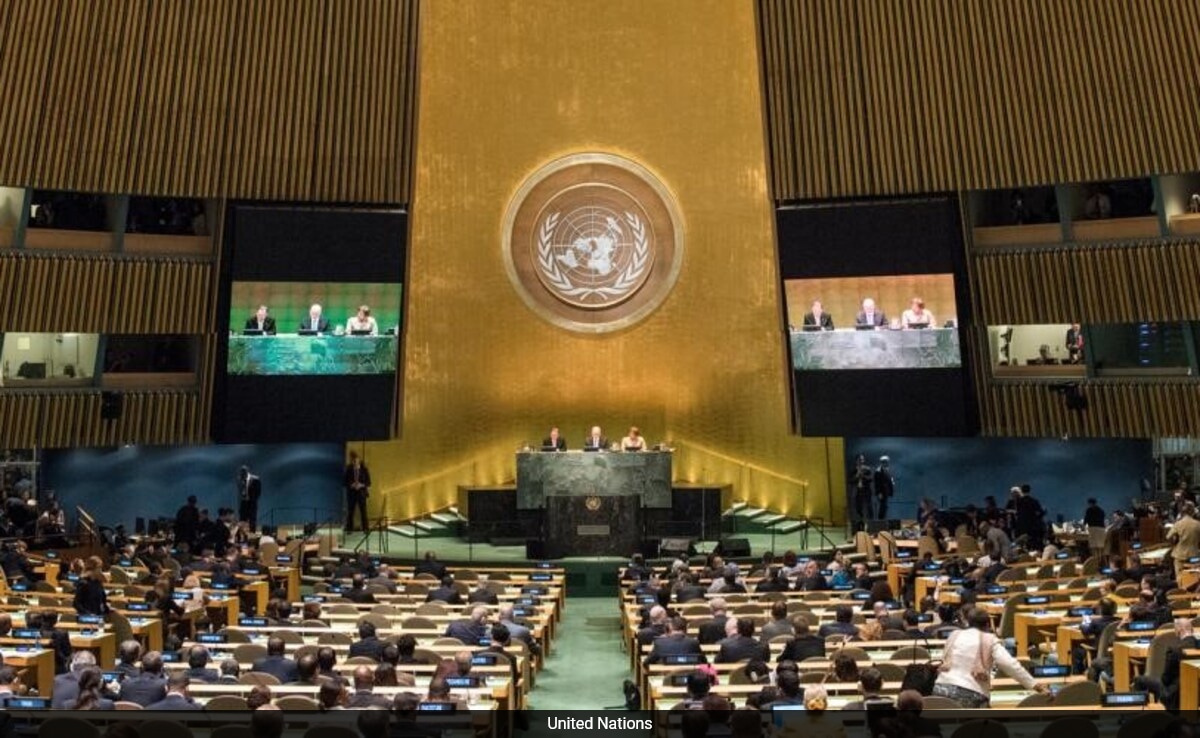
The United Nations General Assembly Hall during an event in 2016.
The United Nations, a vital platform for addressing critical global issues, relies on its core bodies to foster dialogue, maintain peace, and advance human well-being. From climate change to humanitarian crises, the UN’s intricate machinery tackles complex challenges through the distinct, yet interconnected, roles of its key organs.
Let’s delve into this concise overview to better understand how these pillars of international cooperation shape the landscape of global diplomacy and drive multilateral solutions.
General Assembly
According to the UN’s website, the General Assembly is the main policymaking body, where all 193 member countries have equal say. They meet annually in New York to debate and decide on important issues like peace, new members, and the budget. A two-thirds majority is needed for big decisions, while others require a simple majority. Each year, a new president is elected to the Assembly.
Security Council
The UN Security Council is the world’s peacekeeper, with 15 members (5 permanent and 10 non-permanent) who vote on threats and solutions. They can call for peace, impose sanctions, and even authorize force to maintain global security. The presidency rotates monthly, keeping the power balanced.
Economic and Social Council
The Economic and Social Council (ECOSOC) guides UN efforts on economic, social, and environmental issues. It oversees specialized agencies, suggests policies, and champions sustainable development goals. Elected by the General Assembly, it serves as a central platform for global discussion and action.
Trusteeship Council
The UN’s Trusteeship Council, created in 1945, oversaw 11 territories transitioning from colonial rule to independence. It successfully guided all territories to self-government by 1994 and suspended operations. Though technically still active, it rarely meets, only convening when needed by members or other UN bodies.
The International Court of Justice
The International Court of Justice, based in the Hague, Netherlands, is the UN’s top court. It settles legal disputes between countries and offers legal advice to UN bodies. With a unique location and focus on international law, this court plays a crucial role in resolving conflict and upholding justice on the global stage.
Secretariat
The UN Secretariat, led by the Secretary-General, handles daily tasks for the organization. Staffed by tens of thousands from around the world, they implement decisions made by the General Assembly and other bodies. The Secretary-General is the organization’s top administrator and advocate, especially for the vulnerable. Working for peace can be dangerous, and hundreds have died serving the UN.




